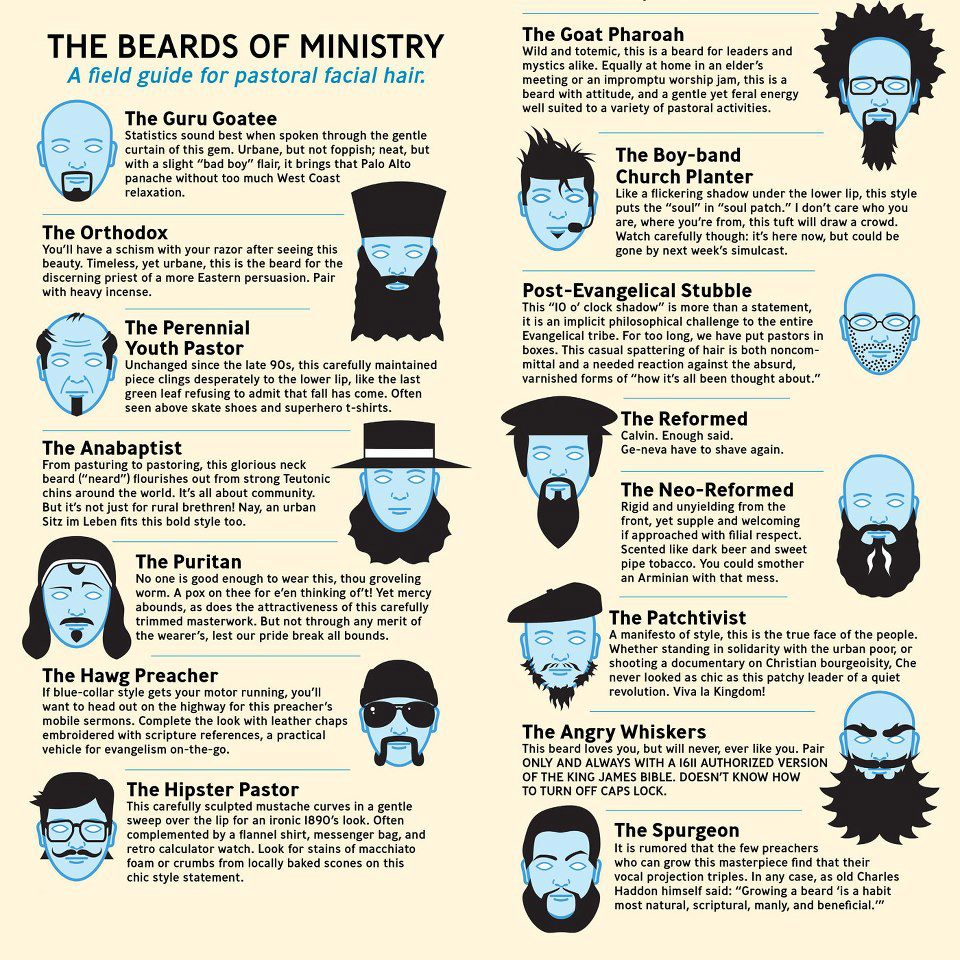 From Tabletalk Magazine, September, 2009, Dr. R. C. Sproul writes:
From Tabletalk Magazine, September, 2009, Dr. R. C. Sproul writes:
Is the Reformation over? There have been several observations rendered on this subject by those I would call “erstwhile evangelicals.” One of them wrote, “Luther was right in the sixteenth century, but the question of justification is not an issue now.” A second self-confessed evangelical made a comment in a press conference I attended that “the sixteenth-century Reformation debate over justification by faith alone was a tempest in a teapot.” Still another noted European theologian has argued in print that the doctrine of justification by faith alone is no longer a significant issue in the church. We are faced with a host of people who are defined as Protestants but who have evidently forgotten altogether what it is they are protesting.
Contrary to some of these contemporary assessments of the importance of the doctrine of justification by faith alone, we recall a different perspective by the sixteenth-century magisterial Reformers. Luther made his famous comment that the doctrine of justification by faith alone is the article upon which the church stands or falls. John Calvin added a different metaphor, saying that justification is the hinge upon which everything turns. In the twentieth century, J.I. Packer used a metaphor indicating that justification by faith alone is the “Atlas upon whose shoulder every other doctrine stands.” Later Packer moved away from that strong metaphor and retreated to a much weaker one, saying that justification by faith alone is “the fine print of the gospel.”
The question we have to face in light of these discussions is, what has changed since the sixteenth century? Well, there is good news and there is bad news. The good news is that people have become much more civil and tolerant in theological disputes. We don’t see people being burned at the stake or tortured on the rack over doctrinal differences. We’ve also seen in the past years that the Roman communion has remained solidly steadfast on other key issues of Christian orthodoxy, such as the deity of Christ, His substitutionary atonement, and the inspiration of the Bible, while many Protestant liberals have abandoned these particular doctrines wholesale. We also see that Rome has remained steadfast on critical moral issues such as abortion and ethical relativism. In the nineteenth century at Vatican Council I, Rome referred to Protestants as “heretics and schismatics.” In the twentieth century at Vatican II, Protestants were referred to as “separated brethren.” We see a marked contrast in the tone of the different councils. The bad news, however, is that many doctrines that divided orthodox Protestants from Roman Catholics centuries ago have been declared dogma since the sixteenth century. Virtually all of the significant Mariology decrees have been declared in the last 150 years. The doctrine of papal infallibility, though it de facto functioned long before its formal definition, was nevertheless formally defined and declared de fide (necessary to believe for salvation) in 1870 at Vatican Council I. We also see that in recent years the Roman communion has published a new Catholic catechism, which unequivocally reaffirms the doctrines of the Council of Trent, including Trent’s definition of the doctrine of justification (and thus affirms that council’s anathemas against the Reformation doctrine of justification by faith alone). Along with the reaffirmations of Trent have come a clear reaffirmation of the Roman doctrine of purgatory, indulgences, and the treasury of merits. Continue reading

 Stand over this volume [the Bible], we might reject them; but O let me think the solemn thought, that this book is God’s handwriting– that these words are God’s! Let me look at its date; it is dated from the hills of heaven. Let me look at its letters; they flash glory on my eye. Let me read the chapters; they are big with meaning and mysteries unknown. Let me turn over the prophecies; they are pregnant with unthought- of wonders. Oh, book of books! And wast thou written by my God? Then will I bow before thee. Thou book of vast authority! thou art a proclamation from the Emperor of Heaven; far be it from me to exercise my reason in contradicting thee. Reason, thy place is to stand and find out what this volume means, not to tell what this book ought to say.
Stand over this volume [the Bible], we might reject them; but O let me think the solemn thought, that this book is God’s handwriting– that these words are God’s! Let me look at its date; it is dated from the hills of heaven. Let me look at its letters; they flash glory on my eye. Let me read the chapters; they are big with meaning and mysteries unknown. Let me turn over the prophecies; they are pregnant with unthought- of wonders. Oh, book of books! And wast thou written by my God? Then will I bow before thee. Thou book of vast authority! thou art a proclamation from the Emperor of Heaven; far be it from me to exercise my reason in contradicting thee. Reason, thy place is to stand and find out what this volume means, not to tell what this book ought to say.